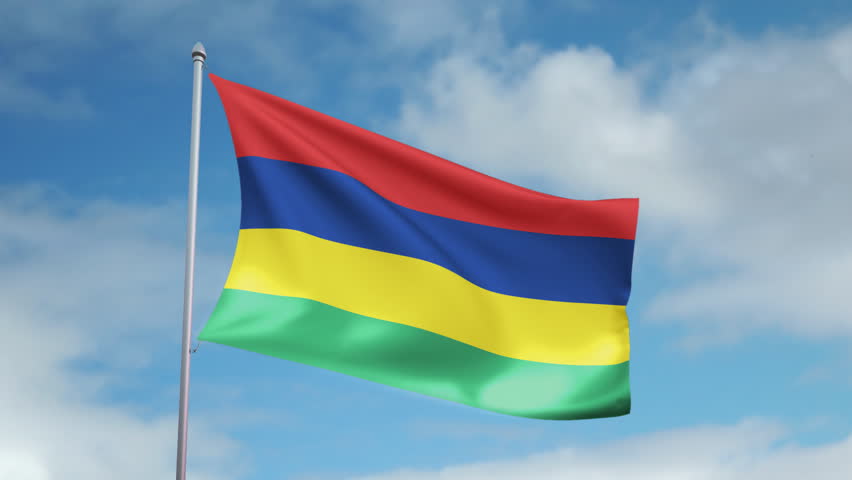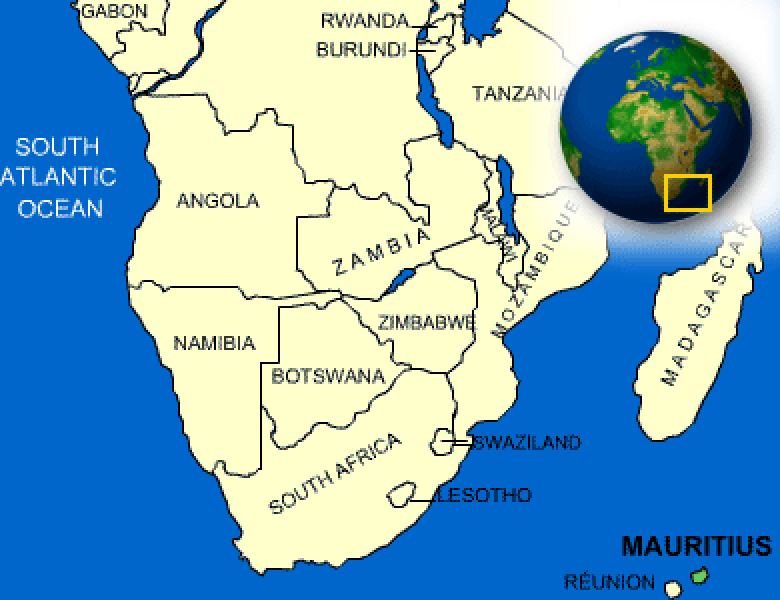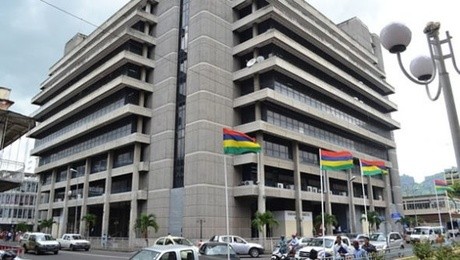
A Mauritius Foundation is regulated by the Mauritius Foundation Act of 2012 which regulates the formation, activities, and dissolution of all foundations.
Mauritius was a former British Colony gaining its independence in 1968, but chose to remain a member of the British Commonwealth.
Foreigners are encouraged to form foundations as those with a non-resident founder and non-resident beneficiaries can enjoy totally tax free income.
Foundation Benefits
A Mauritius Foundation obtains these benefits:
• Foreign Owner: This type of foundation was created for foreigners to own.
• No Taxes: Non-resident founders, beneficiaries and assets outside of Mauritius pay no taxes. Note: U.S. residents and every taxpayer residing in countries taxing global income must report all income to their governments.
• Privacy: The founder and beneficiaries names are not included in any public records.
• Asset Protection: After title to the assets are transferred to the foundation, Mauritius laws will not recognize other countries laws attempting to invalidate the transfers based upon inheritance or succession.
• Estate Planning: A perfect platform for families to avoid probate and inheritance and estate taxes.
• English: As a former British Colony and a current member of the British Commonwealth, English is one of its official languages.

Mauritius Foundation Name
Foundations cannot select a name exactly the same as or too similar with another legal entity in Mauritius.
Every foundation’s name must end with the word “Foundation”. Foundations cannot be registered if their names include the words “Company” or “Limited” or “Partnership” or “Société” or any of these words translated into another language because they denote a for profit legal entity and not a foundation.
Registration
Either the founder or legal representative can apply to register a foundation. Upon registration, the foundation will become a separate legal entity. The Registrar will issue a Certificate of Registration as proof of the validity of the foundation’s registration.
The application for registration will be made to the Registrar in an approved form containing the following information:
• Foundation’s name;
• Charter’s date;
• Foundation’s purpose;
• Date of the articles (if any)
• Founder’s or legal representative’s local address for process of service;
• Secretary’s name and address;
• Beneficiary’s name or the method for appointments and removal if none were appointed at the time of registration;
• Council members’ names and addresses;
• Officers names and addresses;
• Registered office address; and
• Duration for the foundation’s existence.
The application must contain a declaration by a local attorney verifying that the requirements of the laws have been complied with.
The Registrar shall maintain a registry of foundations containing all of the above-mentioned information.
Founder
The founder is the one who creates the foundation and donates funds, real property, and other assets to the foundation. The founder cannot be a citizen of Mauritius. So, this is a vehicle especially for foreigners.
The law assumes the founder has the legal capacity to transfer ownership of his or her assets to the foundation. Legal capacity includes being the legal owner and is of sound mind and was of legal age in both Mauritius and in the country where the asset is located when the transfer of ownership occurred.
Transfers Not Invalid
As long as the founder had the legal capacity to make the transfer, Mauritius will not invalidate the transfer due to claims of any laws or rules from another country relating to inheritance or succession. In addition, Mauritius will not recognize any foreign laws restricting the right of an individual to dispose his or her properties during the lifetime.
Foundation Charter
A foundation’s charter is a written document setting forth the rules and procedures, administration, management, appointment of interested parties, acceptance of assets, distribution of income and assets to the beneficiaries, and all other important functions.
The charter at a minimum will set forth the following:
• The foundation’s name;
• Founder’s name and address (including a local address for process of service); and if the founder is a legal entity then the name and registered address of the legal entity, and identity of the directors and controlling members;
• Foundation’s purpose;
• Description of the initial endowment of assets;
• Names of the beneficiaries or the manner which they may be appointed and removed;
• Duration of the foundation’s existence;
• Secretary’s name and address;
• Registered office address; and
• Procedures for appointing the council and/or protector (or a committee of protectors) and their duties and powers along with their removal.
In addition to the above-mentioned information, the charter may also provide:
• Reservation of the founder’s rights and/or powers;
• Appointment and removal of officers, auditors, and protectors along with their duties; and
• Addition or removal of beneficiaries.
Charters must be written and signed by the founder (if natural person) or by an authorized signor for a legal entity.
Charters may be amended according to the terms of the charter. Charters can have articles (bylaws) which are optional.

Assets
All assets transferred to the foundation will be held in accordance to the foundation’s purposes. Once transferred, the assets will belong to the foundation and not the founder. Title to all endowed properties will be in the name of the foundation.
Secretary
A secretary is required to be appointed by every foundation. Secretaries must be local residents who will either be a management company or an individual authorized by the Commission.
Registered Office
Foundations must have a local registered office to receive all legal notices and will the same one named in the charter. Any change of registered office address must be filed with the Registrar.
Council
Foundations must appoint a council which will manage and administer all assets and carry out the foundation’s purposes.
At least one member of the council must be a local resident.
The charter and its articles (if any) will detail the powers and responsibilities of the council. The law requires council members to act in good faith with honesty and use reasonable skill, care and diligence in the best interests of the foundation.
The council may appoint officers delegated to perform the duties and obligations of the council.
Council members and officers will be held liable for any damages resulting from fraud, gross negligence or willful misconduct committed by them. Neither the charter, its articles, nor contacts between the foundation and officers or council members can relieve, excuse, or release such persons from any of these liabilities.
Protector
The founder has the option to appoint a protector with unlimited powers to oversee the trustee and protect the fulfillment of the foundation’s purposes. The protector can be one or more persons or legal entities and can take the place of the council.
Accounting
Foundations must maintain proper records of all funds obtained, spent and distributed with receipts of expenditures and distributions. This includes all purchases and sales on behalf of the foundation. The foundation’s assets and liabilities must be clearly reflected in the records.
Taxes
Within three months from the formation of the foundation, a Declaration of Non-Residency must be filed with the Director General of Taxes. Further declarations must be filed within three months from the end of every tax year.
Besides the founder’s and all of the beneficiary’s non-residency status, the assets must be located outside of Mauritius to obtain full tax exemption.
Therefore, tax exempt foundations will pay no corporate taxes and the beneficiaries will pay no income taxes when they receive income or distribution of the assets.
However, United States taxpayers and those residing in countries taxing worldwide income must declare all income to their tax agencies.
Public Records
If the names of the beneficiaries are not included with the application with the Registrar, they do not have to be supplied later keeping them out of the public records.
The founder’s name is not part of the public records.
Time for Formation
A foundation charter can be prepared quickly depending upon the needs of the founder and the speed of the person preparing the documents.
Conclusion
A Mauritius Foundation obtains these benefits: complete foreign ownership, total tax exemption, privacy, asset protection, estate planning, and English is one of its official languages.


